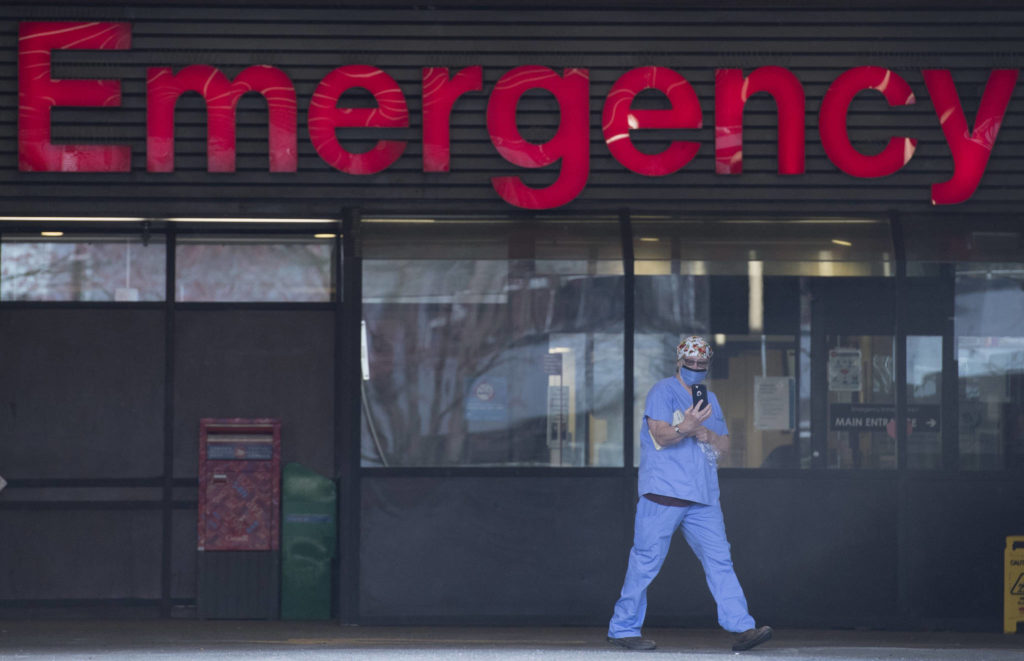Dr. Bonnie Henry, B.C.’s provincial health officer (PHO), and Adrian Dix, Minister of Health, have issued the following joint statement announcing the first confirmed case of a person in British Columbia infected with the COVID-19 variant first identified in the United Kingdom:
“B.C. has identified the first case of a person in B.C. infected with the COVID-19 U.K. variant. The individual, who resides in the Island Health region, returned to B.C. from the U.K. on flight AC855 on Dec. 15, 2020, developed symptoms while in quarantine and was immediately tested. Testing confirmed the positive diagnosis on Dec. 19, 2020; a small number of close contacts have been isolated and public health is following up with them daily.
“The variant strain was detected by the BC Centre for Disease Control (BCCDC) Public Health Laboratory in its review of all isolates from people who had recently returned from travel to the U.K. Whole genome sequencing at the BCCDC identified this as the same as the variant seen in the U.K. Ongoing review may identify additional cases in the coming days.
“B.C. continues to support the Canada-wide travel ban on all flights arriving from the U.K. until Jan. 6, 2021, and urges all British Columbians to continue to avoid all non-essential travel to keep people and communities safe.
“It is important to note there is no evidence that the new COVID-19 variant is more likely to cause severe illness, nor is there evidence to suggest the Health Canada-approved vaccines will be any less effective against the new variant.
“However, studies suggest the COVID-19 variant first identified in the U.K. can spread more quickly and easily, which is why British Columbians everywhere must continue to be cautious and follow all PHO orders and guidelines, stay close to home, avoid non-essential travel, practice safe, physical distancing and wear a mask when in public indoor spaces.
“All British Columbians have to remember the virus spreads quickly but shows up slowly. By staying local, avoiding all non-essential travel and using our layers of protection, we can reduce the potential for a surge in new cases and keep our communities and loved ones safe.”


